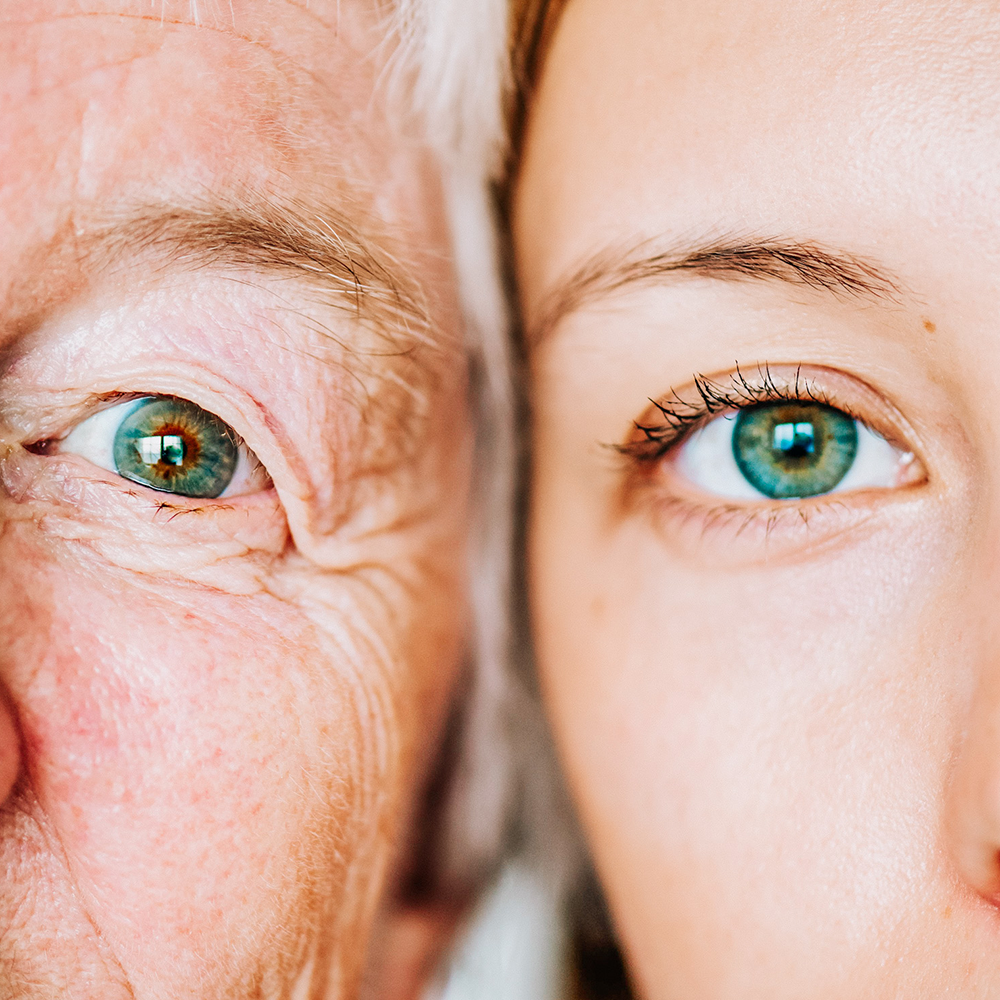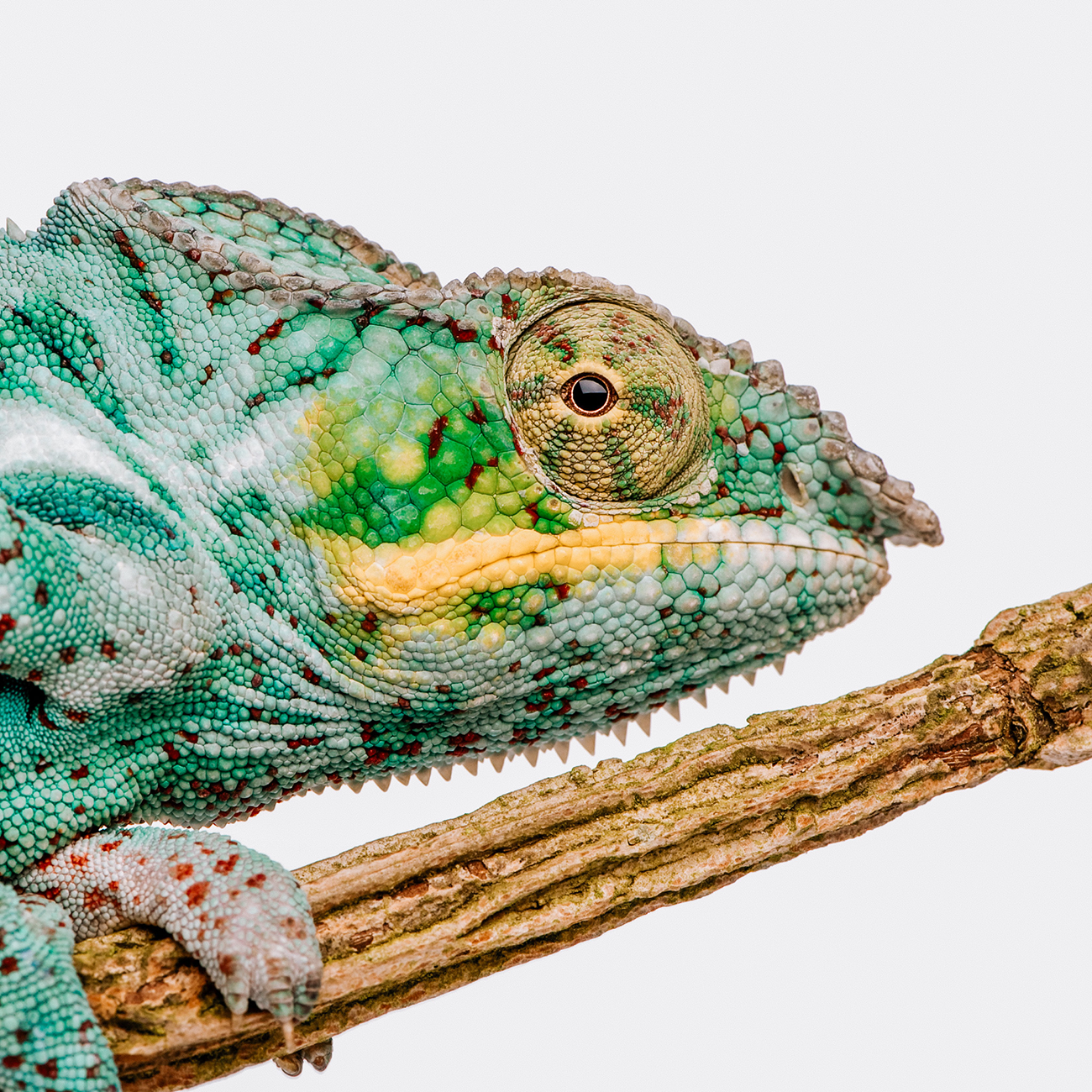Evolution takes time... A very long time...

Evolution takes time... A very long time... Even the smallest evolutionary change takes tens of thousands of years and these changes never happen by pure chance. Let's therefore now go on a journey together through the evolution of the skin...
We start our journey about 1.9 million years ago. We had then relatively recently transitioned from being chimpanzees to becoming our human race, Homo. During this evolutionary process, our hair follicles were transformed into sweat glands and we lost almost all of our hair. This meant that our skin had to adapt to a lot of factors that we had never had to worry about before. We needed e.g. able to handle high salinity from sweat, direct UV light from the sun and pathogens (bad microbes) from the environment we were in.
For 1.9 million years, we lived a hunter-gatherer lifestyle in Africa. We lived as nomads and were constantly in direct contact with nature. Our skin adapted to this lifestyle that meant we were constantly in contact with nature's microbes (single-celled microorganisms such as bacteria, viruses, fungi, protista, archaea, etc.).
About 8,000 years ago, something extraordinary happened. We learned how we could begin to refine the land where we stood... We learned to cultivate... We then lived for about 8,000 years as farmers and our skin was forced to try to adapt to this lifestyle.
During the last 100 years, our way of life has changed radically. We have become "urban people in urban cities" and we who live in the Western world today spend about 90% of our waking hours indoors. The diversity of microbes from nature that our skin requires to feel good is a thing of the past. The microbes our skin encounters today largely come from sterile office environments, subways, buses, restaurants, trains and from our homes. All these places mainly contain microbes from other people.
If this wasn't bad enough, we also have a skin care industry that recommends scrubbing away the natural substances (sebum) that our skin has created in order to function without hair. The skin care industry then recommends that we try to replace these substances with, often, synthetic ingredients.
Today, 85%* of all teenagers have some form of acne and 10.2%* of adults have eczema. The number of cases of skin conditions increases year after year, while the number of skin care products sold increases at the same rate.
Furthermore, researchers have time and again discovered that people in hunter-gatherer societies do not have - or have had - skin conditions. It can therefore be concluded that skin inflammations are a problem that has arisen due to our urban lifestyle.
Einstein's definition of insanity reads: "The definition of insanity is doing the same thing over and over again and expecting a different result".
We cannot continue to treat the skin the same way we have done for the last 100 years and expect a new result.
There needs to be a radical change where we take into account what our skin is built to be. Can't beat 1.9 million years of evolution.
*Studies done in USA.
https://health.ucdavis.edu/welcome/features/20090909_teen_acne/




Comments